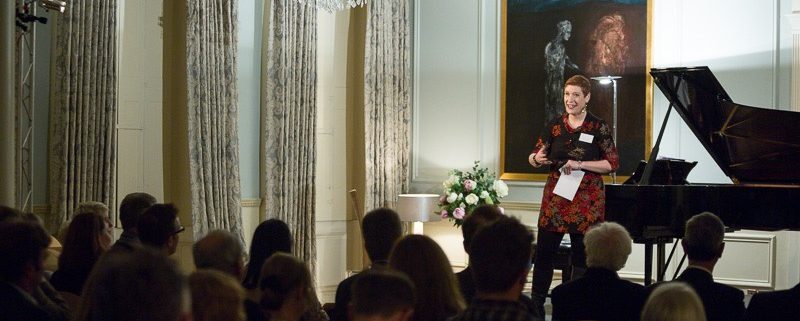Collaborate, communicate, connect
Colin Brett PCC, trainer at Coaching Development Ltd, maintains that “words create worlds”.
The three words that make up the title of this blogpost and, indeed, the tagline to this website, conjure up all kinds of images. But what do they really mean?
My background is in performing arts, so let’s spend a little time in that world.
When we go to a music concert, we’re watching and listening to a group of people, working together. We love the feeling we get when we experience these musicians, literally co-labouring. What we’re experiencing is much more than the sounds they’re making: we’re listening to the result of hours and hours practising together, laughing about an awesome new chord they’ve disovered, arguing about who should make the tea during their rehearsal break, agreeing on their final playlist/programme.
The experience for us is even richer when we’re there with someone else, or as part of a group.
A number of years ago, I went to the South Bank in London, to watch an episode of “Room 101” being filmed. It was terrific fun, and I remember laughing heartily at some of Paul Merton’s quips and witty observations. Back at home though, when I watched similar programmes on TV, alone in my living room, the same sorts of jokes elicited little more than a faint smile, a light chuckle at best. Then again, when I invited some friends round to watch TV with me, that previous sense of hilarity suddenly returned. But why? The jokes were no more or less funny, so why would we laugh more, just because we’re in the company of others? My own view is that we want our friends to know that we “got the joke”, that we understood it. By acknowledging that, it helps us feel included in the group. But, and I ask this again: why?
Why do we need to collude with others in order to feel good about ourselves? Isn’t that a bit shallow? Can’t we rely on our own strength of character? Personally, I don’t think it’s about that. I think it’s about how we evolved as a species.
According to the Smithsonian, we have been stumbling around on this planet for around 6 million years, and right from the off, we have relied on collaboration for our very survival. With so many predators early on in our existence, we’ve needed “strength in numbers” in order to survive each day so that we can come home and say, “You go collect berries, me hunt animal.”, or grunts to that effect. Anyone considered an outsider would be pretty much doomed to become prey before too long.
So we developed social strategies, ways to ensure we could be “part of the gang”. This survival tactic has been in our DNA for so long, that we barely notice it any more than a fish notices the water it swims in. As I mentioned in my recent TEDx talk, it’s the reason groups of people sing together at football matches. It’s why we chant the creed in church. It’s why we’re on Facebook.
But what of our solo artists? Surely there’s something incredibly special about listening to a solitary performer, utterly engaged in what they’re doing out there, on their own. They don’t need anyone else to bring their message across, do they? Do they?
Let’s consider a solo harpist, playing at a wedding. She’s sitting there all alone, there’s no interaction with any other band members, perhaps her eyes are even closed while she plays, and she’s barely aware that other people are even in the room. There’s something eerily beautiful about the solitude of her performance.
Now let’s consider further: our harpist, most likely, took lessons – either from a teacher, or perhaps from a book. Someone wrote that book. A team of people designed and built her harp, and all its component parts. In fact, whole teams of people came together to shape her life, her upbringing, her education. Everything that has brought her to this point was as a result of countless interactions with people.
And the fact that she can touch our hearts with her music, well that in itself is a form of collaboration: we have entered into a mutual space of enjoyment. The music itself forms a bond between the performer and the listener. Of course, we can enjoy being on our own, singing a tune to ourselves that makes us feel happy. But perhaps we feel happy because it triggers a memory of something. And you can bet that that memory includes other people.
Collaboration, therefore, is everywhere. We can’t move for it. No one can succeed purely on their own: we can’t be great leaders without followers, a world-class conductor is nothing without her orchestra, the head of an international opera house cannot achieve anything without the willing participation of those working under them. (For more on the “Lone Genius innovator” read this.) Collaboration is the thing that tap into that six million year old, archaic part of ourselves.
When we collaborate, we communicate. And when we communicate, we connect.



Dear Ms Meister
Off topic, but I have just learnt that you will be back in Brussels at La Monnaie at the beginning of 2017. Great news!
Having heard you in Brussels back in 2013, when you stepped in at the last moment to sing in Lucrezia Borgia -what a wonderful performance that was!! – I just have to tell you that I’ll be busting my gut to buy, beg, borrow or steal a ticket to hear you again then.
Best wishes from your (self-appointed) No.1 Brussels fan,
Georges Zbyszewski